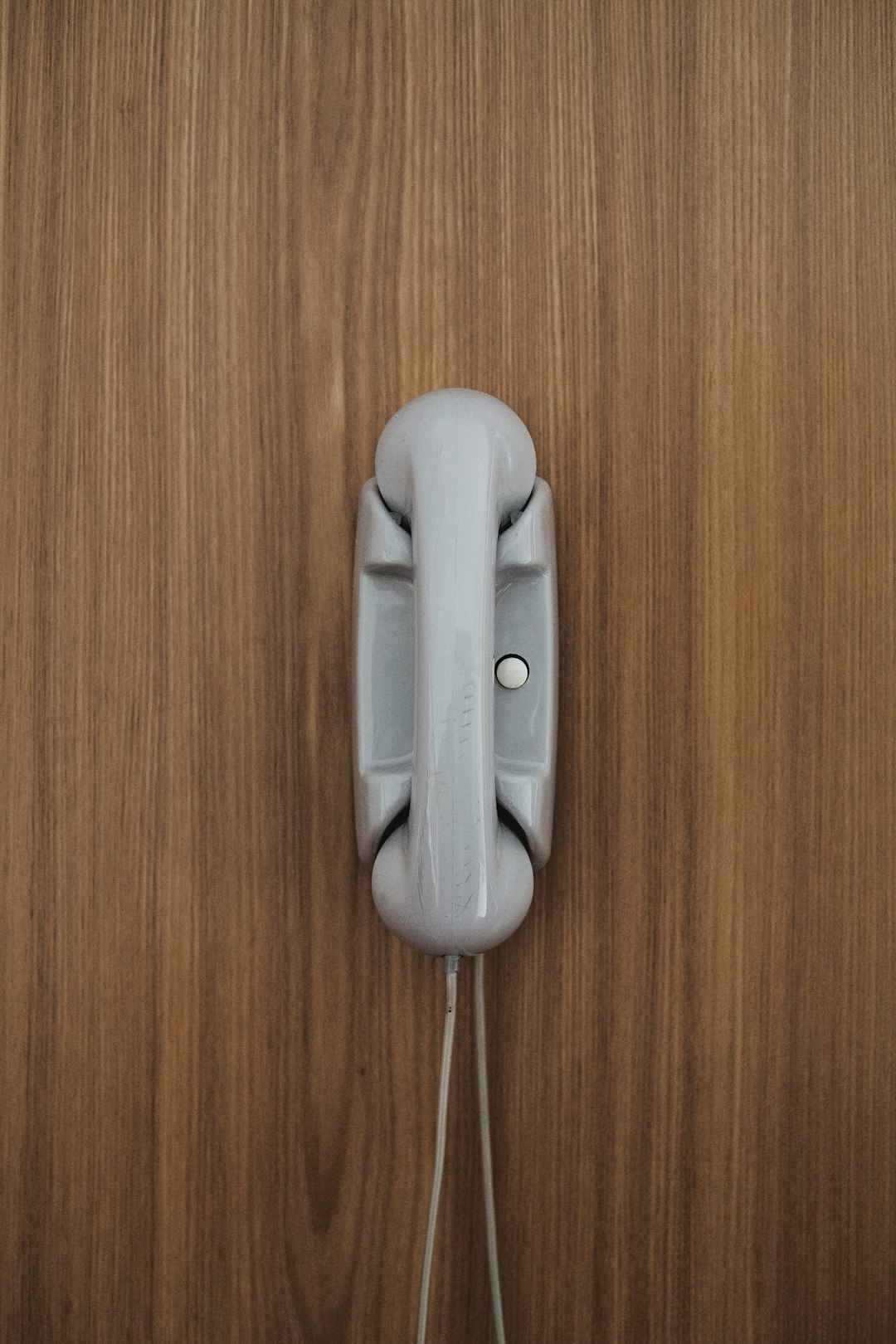Massachusetts laws protect consumers from spam calls with the Telephone Consumer Protection Act (TCPA) and M.G.L. c. 93H. Residents can file complaints or seek legal action through a Spam Call law firm in Massachusetts to recover damages for each violation, up to $500 per call. Proactive measures like note down caller info, report violations, refuse calls, register on Do Not Call list, and consult a Spam Call law firm enhance protection and deter unwanted calls.
“Tired of relentless robocalls and unsolicited sales pitches? Massachusetts residents now have powerful legal tools at their disposal to combat these intrusive phone calls. In this comprehensive guide, our spam call law firm explores Massachusetts’ strict Spam Call Laws and your corresponding rights.
Learn how to identify and stop unwanted phone marketing tactics, understand the legal actions available, and discover practical do’s and don’ts to protect yourself from future harassment. Take back control of your communications.”
Understanding Massachusetts' Spam Call Laws

In Massachusetts, unsolicited phone calls, often referred to as spam calls, are regulated by both state and federal laws. The Massachusetts Spam Call Law, part of the state’s Consumer Protection Act, prohibits businesses and individuals from making telephonic solicitations to residents without their prior consent. This means that if you’ve received an unwanted call promoting a product or service, you have legal recourse.
The law is designed to protect consumers from intrusive and often deceptive marketing practices. It allows Massachusetts residents to file complaints against violators with the Attorney General’s Office. Additionally, individuals can seek legal action through a Spam Call law firm in Massachusetts to recover damages for each violation, which can include financial compensation for their trouble and any resulting losses.
Unwanted Phone Calls: Your Legal Rights

In Massachusetts, unwanted phone calls, often referred to as spam calls, are regulated by state and federal laws designed to protect consumers from nuisance and deceptive practices. The Telephone Consumer Protection Act (TCPA) at the federal level and the Massachusetts Spam Call Law (M.G.L. c. 93H) at the state level impose significant restrictions on businesses and individuals making automated or prerecorded calls without prior express consent.
If you’ve received spam calls, you have legal rights. A reputable spam call law firm in Massachusetts can help you understand your options for redress. You may be entitled to compensation for each violation, including actual damages, up to $500 per call in some cases, and treble damages if the court finds willful or knowing violations of the law. Taking action against unwanted calls not only protects your rights but also discourages similar practices from spreading.
Taking Action Against Robocalls

If you’re tired of receiving unwanted automated phone calls, or robocalls, as they are commonly known, there are legal avenues to take action in Massachusetts. The state has robust laws in place to combat spam calls and protect consumers. Under the Massachusetts Spam Call Law (M.G.L. c. 93A), businesses are prohibited from using automated dialing systems or prerecorded messages to make unsolicited telephone calls for commercial purposes.
If you believe your rights have been violated, a reputable spam call law firm in Massachusetts can guide you through the process of filing a complaint with the Massachusetts Attorney General’s Office. They can also assist in pursuing legal remedies such as seeking damages, blocking future calls, and even holding offenders accountable for repeated violations. Don’t let unwanted phone spam disrupt your peace; take charge and explore your options to stop these relentless calls once and for all.
Protecting Yourself: Do's and Don'ts

Protecting Yourself: Do’s and Don’ts
If you’re facing relentless unsolicited calls, it’s crucial to understand your rights under Massachusetts’ Spam Call laws. First, don’t ignore or hang up on the calls immediately; this could be against the law. Instead, do note down the caller’s information, including phone numbers, names, and if possible, the company they represent. You can then report these violations to the Massachusetts Attorney General’s office, which actively enforces the state’s anti-spam laws.
Do clearly and firmly instruct callers that you do not consent to their calls, and don’t provide any personal or financial information during these interactions. Registering your number on the Do Not Call list is also a strategic step, as it prohibits most telemarketers from calling you. Remember, being proactive in protecting yourself can deter unwanted calls and help ensure compliance with Massachusetts’ Spam Call law firm regulations.





